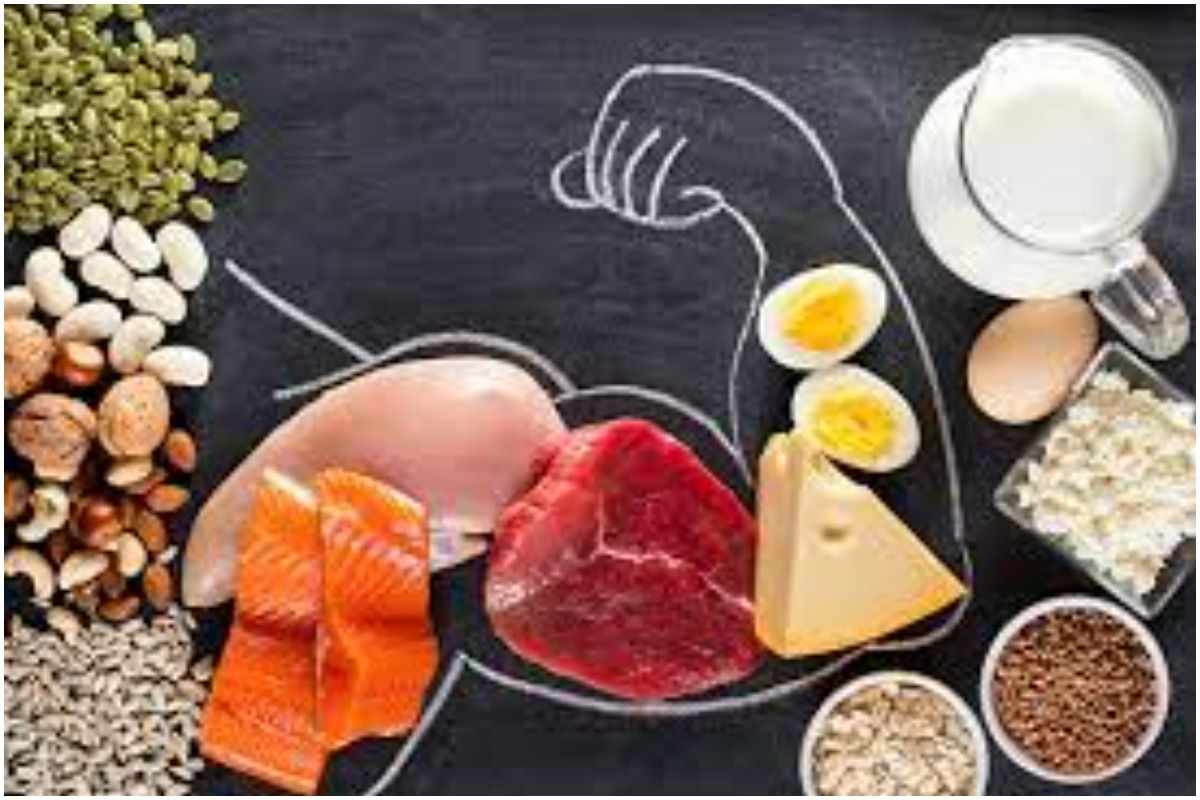You know that anything excessive is harmful. The same is true of proteins. Although we know that protein is good for health, do we know where to stop? How much is bad for health? Let us know.Also read – Studies show how IVF can bring some benefits to children’s quality of life into adulthood
How much protein do we need?
Protein is essential for human life. A building block of every human cell, it regulates cell function, builds tissues and helps your blood carry oxygen throughout the body. Along with carbohydrates and fats, protein is one of the three main micronutrients important for growth, development and tissue repair. The average recommended protein intake is calculated using a ratio of 1 gram of protein for every 1 kilogram of a person’s body weight. However, small changes in quantity are required depending on factors such as age, gender, pregnancy and activity level. For example, a person with intense activity levels may need 1.6 grams of protein per kilogram of body weight. A pregnant or breastfeeding woman may need to eat a lot more protein than others of the same age. In addition, it may be necessary to increase protein intake as people age. Also read – 3 simple exercises for your neck, shoulders and back
It is also important to note that protein deficiency can lead to fatigue, brain haze, hunger and slow recovery from illness and injury. Low protein intake can also lead to loss of muscle mass, especially in the elderly. Also read – 8 Healthy Habits For Women To Consider In Their 30s
Can too much protein be harmful?
Yes, excessive intake of protein is harmful. Eating a very high protein diet can increase the risk of kidney stones. It can also cause bad breath, indigestion and dehydration. Certain diets that contain large amounts of red meat, dairy and processed foods increase the risk of heart disease and bowel cancer. See a doctor if you are experiencing the following symptoms of kidney problems:
- Poor appetite
- Frequent urination
- Dry, itchy skin
- Sleep disturbances
The best source of protein
There are healthier options available when you choose a high-protein diet that can help reduce your risk for some of the negative effects of a high-protein diet. Here are some healthy sources of protein, including:
- Whole grains
- Almonds
- Beans
- Grass-fed lean meat and pasture-raised poultry
- Eggs of grazing hens
- Grassy and organic dairy
It is better to avoid high fat meat and dairy products as well as fried or processed protein sources. Eat heart-healthy protein instead.
When to consult a doctor?
Your doctor and dietitian can help you determine your protein intake based on your needs. It is important to calculate the risks before starting a high-protein diet to determine if it is right for you. Eat a healthy, balanced diet and choose an active lifestyle. Plan to achieve your fitness goals in a way that is most beneficial to your health and has a long-term effect on the body.
In conclusion
To maintain balance in the body and rebuild muscles and bones, it is important to have the right amount of protein. However, at the same time, it is important to aim for healthy sources of protein. People with kidney problems should carefully monitor their protein intake as overeating can lead to serious health problems. If you are confused by the numerous tubs of protein powder sitting on the shelf, choose one that is organic, has the least ingredients and is tested by regulatory authorities. It is always reassuring to know that the ingredients in the powder are tested, safe and healthy to use.
(Article written by Dr. Siddhant Bhargava, Fitness and Nutritional Scientist, Co-Founder – Food Tailor)
